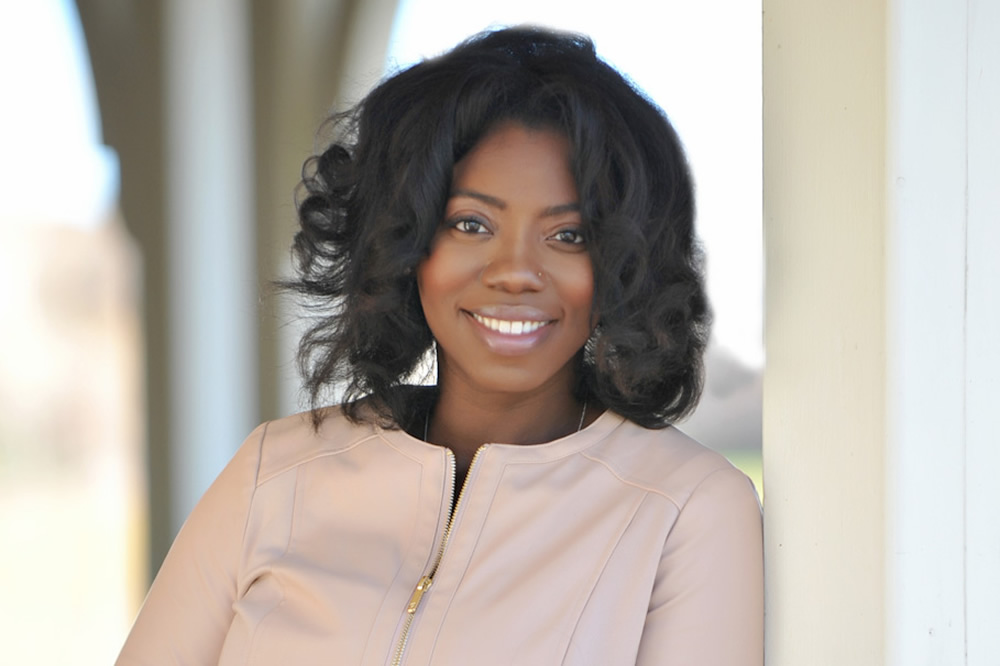Meet Sistahbiz board member, Kadija Taylor, and see how she discovered her secret sauce.
Kadija is the broker and owner of Home & Sanctuary, a real estate and design company. Her passion is rooted in helping clients purchase homes and create spaces that reach beyond beauty and functionality and speak to the soul. After graduating from the University of Colorado at Denver, she began a career in property management. With more than eleven years in the field and given various opportunities to serve on project committees for rehabs, renovations, and new builds, she decided to spread her wings and venture into the world of real estate and home design in 2016. As a realtor and budding designer, she has the unique opportunity to walk clients through the home buying process and continue the relationship after helping them create the space they envisioned. Kadija also enjoys refurbishing furniture and creating one-of-a-kind bespoke pieces to complement her clients’ design style.
What’s the #1 piece of advice you have for black women starting new businesses?
To believe. I’m mean, really believe in what you do and why you do it. It’s not good enough to believe when things are working out in your favor. When things seem to be taking the wrong turn, you have to know that you are still exactly where you are supposed to be.
What is your morning routine?
Mediation with a cup of gratitude. Before I walk out of my bedroom, I quietly take a few minutes with God/Creator to say thank you.
Have your services gone through iterations and changes? What was your strategy for learning from customers and improving your offerings?
Yes, it has gone through changes. One of my most significant pivots was becoming an independent broker and officially launching my business’s interior design side. I was so scared that people would say, “we’ve never heard of you” or “you’re too new to the business to be trusted.” My strategy for learning from customers and improving my service was realizing that everyone needs something different. In real estate and design, no transaction is exactly the same. I believe in building strong relationships with my clients. They know that I’m their biggest cheerleader. Taking time to intimately discover their wants and needs has proven to be my secret sauce.
How did you acquire the necessary capital required to scale your business and get to this level?
Like most black women entrepreneurs starting a business usually means with your own savings and a lot of faith. I’m no different from any of you. I jumped at the opportunity and never looked back. It’s been 4 years now, and I wouldn’t change a thing. However, what has kept me going and scale has been being strategic with savings. Although I believe new business is always right around the corner, I save for rainy days. It also allows me to invest in new things when needed.
What area of your business did you have the least experience in when you started? How did you handle the learning curve and ensure the business succeeded in that area?
Bookkeeping and accounting. Hiring a professional is critical when you don’t know what you’re doing. I didn’t do this for the first two years. Thankfully I did not mess things up too horribly.
What advice do you have for women trying to cross cultural lines to grow their business?
One of the first things I did when I started as a realtor was hiring Makisha as my business coach. I joined a mastermind leads group she started called SistahLeads. One of our final projects before completing the course was going to a large networking event where we would be the minority. The five of us in the group all showed up together and faced our fears. It was such a great night! I even met my life coach at that event. Shortly after that experience, I pushed myself to join an all women’s networking group. It was always an intimate setting, with no more than 20 women that met once a month. Of course, I was the only African-American there, but it pushed me in ways I couldn’t imagine. My advice would be to get out there and start talking. There will always be people who won’t want to get to know you and/or learn about your business, but I’ve been blessed to meet more people that have. More importantly, start investigating why you carry such insecurity with being the only black woman in the room. Begin to heal those broken places so that you’re business isn’t hindered by your own fears.
If you can share one message to inspire black women in business, what would it be?
That your talents are both needed and wanted! We often don’t receive the accolades for our brilliant ideas when working for people. Still, as an entrepreneur, you have the opportunity to unabashedly shine. Go be GREAT! Decide to be that woman you see in your dreams that know her worth and walk fully in it.
How have relationships impacted your business? What advice would you give entrepreneurs about how to manage business relationships?
I consider myself a relationship broker. Relationships are the bedrock of my business model, and I live and breathe by them. They are the reason why 80% of my business is referral based. Much like my personal relationships, I manage my business relationships with honesty, communication, understanding, respect, and love. Managing expectations upfront is vital and delivers service with excellence.
Can you tell us about a great failure or disappointment that you learned or benefited greatly from in your business?
A year and a half ago, I was brought into a multi-million dollar deal that specifically asked for an agent of color on the transaction. There was a meeting with the developers & architects to pitch our ideas on properly marketing the development. To say I was nervous is an understatement. Weeks later, we found out we weren’t selected for the project. I was disappointed, but I had an answer about the next steps for my life. Two months after hearing the not so great news, I had a rare one-on-one encounter with the project developer. I reintroduced myself to them, at which point they said they knew who I was. We spoke about the opportunity, and I was asked what I learned from the experience? My answer was simple, “It was time for me to move on.” The developer looked at me, smiled, and said, “That’s exactly what I was hoping you’d do.” All opportunities are not for the taking, but all of them are for learning. Pivot, change, grow…next time you’ll be ready!

